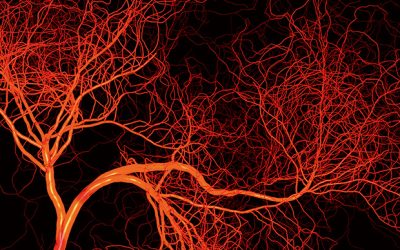Researchers at the Massachusetts Institute of Technology (MIT) and Yale University School of Medicine have repurposed a compound originally developed to treat cancer for polycystic kidney disease (PKD) treatment.
PKD is an inherited disorder that causes clusters of cysts to develop within the kidney, causing them to progressively enlarge and lose function.
The most common form of PKD is autosomal dominant PKD (ADPKD), which affects more than 12 million people globally and can lead to patient dialysis or a kidney transplant by their 60s.
Using two different mouse models of the disease, researchers found that the drug successfully reduced kidney cysts without causing any harm to health cells in the kidney.
Tumour cells tend to live under oxidative stress due to their abnormal metabolism and when treated with the 11beta compounds, which work to disrupt the mitochondria’s ability to generate ATP molecules, additional disruption helps to kill the cells.
A study published in 2011 reported that 11beta compound treatment suppressed the growth of prostate tumours implanted in mice.
Similar research in ADPKD suggested that kidney cyst cells could also experience this state of oxidative stress due to an abnormal metabolism that resembles cancer cells.
After testing in mice, researchers found that 11beta-dichloro dramatically improved kidney function and reduced the size of cysts.
Furthermore, researchers also synthesised 11beta-dipropyl, which could potentially be safer to use in humans as it does not include any direct DNA-damaging abilities, and found that it was as effective as 11beta-dichloro in an early-onset model of PKD.
Bogdan Fedeles, research scientist and programme manager, MIT’s Center for Environmental Health Sciences, said: “We really believe this has potential to impact the field and provide a different treatment paradigm for this important disease.”
Researchers aim to run further tests on 11beta-dipropyl, while finding ways to develop it on a large scale and will also explore related compounds that could be good drug candidates for PKD.










